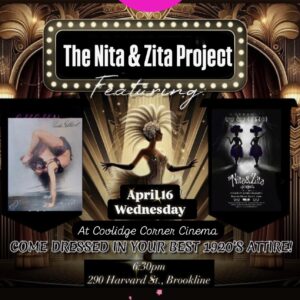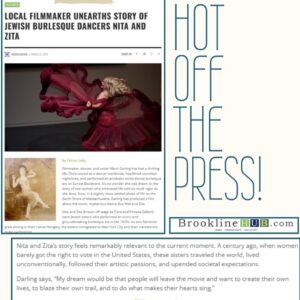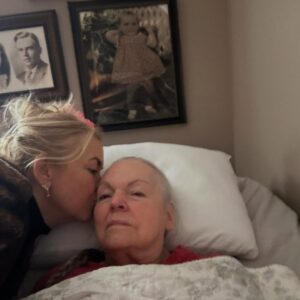If music be the food of love, play on! I agree with Shakespeare–music is the food of love, but for me, music is also the food of creativity, originality, and storytelling.
But let me start at the beginning.
Last Saturday, I asked my writing students to tell me the aspects of our class where they learned the most. Every one of them talked about the lessons that incorporated poetry, music, and song lyrics into writing skills.
Because music and poetry are so integral to my own writing, it only recently occurred to me that other creators may not be aware of their potential power. So I decided to share one of my secret writing weapons with my students, and now I’m sharing them with you.
So how do we do this? I find some of the strongest inspiration for unique word combinations comes from poetry and song lyrics. Poetry, by definition, strives to paint a picture or evoke powerful emotions with as few words as possible, so reading poetry helps writers discover new ways to combine words. Think of ee cummings describing spring as “mud-luscious” and “puddle-wonderful” or “earth like a tipsy biddy with an old mop.”
Some of my favorite poets for wordplay are Mary Oliver, Hakim, Rumi, Amanda Gorman, Maya Angelou, Dorothy Parker, Blake, and Oscar Wilde. I tell my students to read as much poetry as possible, dog ear your books, highlight your favorite lines, the ones that make you gasp with the way they punch your soul, the ones that make you look at grasshoppers in a completely new way and think deeply about your “one wild and precious life.” (Mary Oliver)
In addition to poetry, listen closely to song lyrics. Lyricists weave their magic the same way poets do, by creating unusual word combinations to elicit emotions. If you don’t think of songwriters as poets, just read the lyrics of Joni Mitchell, Carole King, Taylor Swift, Carly Simon, Tom Waits, and Leonard Cohen. If their word combinations don’t stun you with their brilliant word play, the very short and powerful stories they tell, the emotions they evoke, then you might be asleep. Drink a cappuccino and listen again.
“Dance me to your beauty with a burning violin
Dance me through the panic till I’m gathered safely in
Lift me like an olive branch and be my homeward dove
Dance me to the end of love…” Leonard Cohen
Rows and flows of angel hair
And ice cream castles in the air
And feather canyons everywhere
Looked at clouds that way. Joni Mitchell
And it’s a battered old suitcase to a hotel someplace
And a wound that will never heal
No prima donna, the perfume is on
An old shirt that is stained with blood and whiskey
And goodnight to the street sweepers
The night watchman flame keepers and goodnight, Mathilda too. Tom Waits
In addition to lyrics, music is a powerful tool for writing. What you listen to while writing can impact you in a powerful way. One of the reasons I love writing my mystery novels so much is because I listen to New Orleans music while I write. It evokes place for me, catapulting right into the heart of my favorite city. Whether it’s Dr. Micheal White, Preservation Hall, or Nellie Lutcher, I let the music wrap around me, weaving it’s magic while I write. My fingers click on the keys, tap dancing faster than the bottle-cap shoes on Bourbon Street, and I’m off. The trumpet enters my soul without knocking, the tuba makes me laugh with its deep joyous blasts, and the drums keep me writing, even when I want to stop.
Sometimes the songs make it into my stories. In Martini Mystery, my protagonist Ellington Martini plays Horn Man Blues while getting ready to leave her house, where her life will be changed forever. For this important scene, only the witty sultry Horn Man blues will do. Many other jazz songs make it into my stories, and I even make recommended playlists for my readers. My mysteries are best read with a cocktail in hand, a candle nearby, and jazz on the record player.
Music has a transformative effect on my writing, so I advise my students to try out this method themselves. Think of it as playtime. If you are writing a sad section of your story, a heartbreaking love song like Martha by Tom Waits, Exile by Taylor Swift and Bon Iver, or The Book of Love by the Magnetic Fields can put you in the right frame of mind. (Peter Gabriel does a gorgeous lush version of The Book of Love too.) If you are writing about revenge, try listening to Truth Hurts by Lizzo, Praying by Kesha, or So What by Pink. For a boxing scene, try the Eye of the Tiger, or Pat Benatar. Okay, maybe Pat’s Hit Me With Your Best Shot doesn’t make everyone want to punch a bag and do karate kicks in the air, but it works for me. You do you.) If I’m writing about Paris, I listen to Josephine Baker and Edith Piaf; If I’m writing scenes that take place in Mexico, I listen to Mariachi music, Chavela Vargas, or even the cheeky Texas Tornados … you get the idea.
To truly understand how music impacts writing, try listening to Naughty Girl by Beyonce while writing about nuns in a convent; or listening to Fabulous by C.U.T. while writing about a fragile character; or Say Something (A Great Big World) while writing a joyous scene at a wedding. For me, it’s impossible. Music has such a profound impact on my creativity, that there’s no way I could write a scene about a raucous marching band in a New Orleans parade while listening to Adele. It just wouldn’t work.
One of the most fun and challenging parts of writing is to find new ways to uniquely combine words to communicate meaning. Poetry, lyrics, and music can ignite a passion for word play, leading to compelling original storytelling.
My students tell me this secret was revelatory for them. Now they read poetry, study song lyrics and choose music according to its effect on their storytelling. When my 15-year-old student in Shanghai managed to weave a gorgeous line inspired by Edgar Allen Poe into her story, I cheered. She got it.














